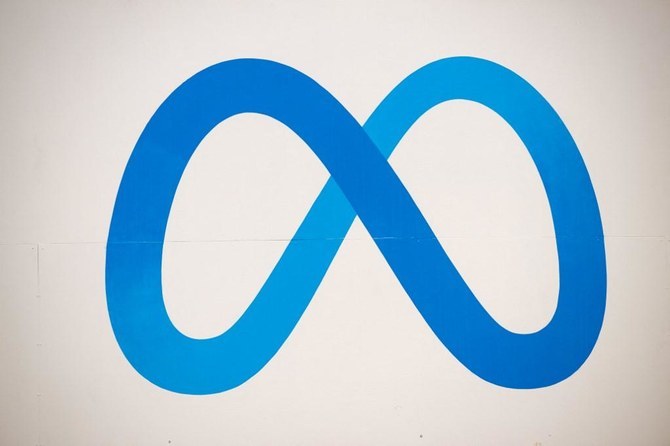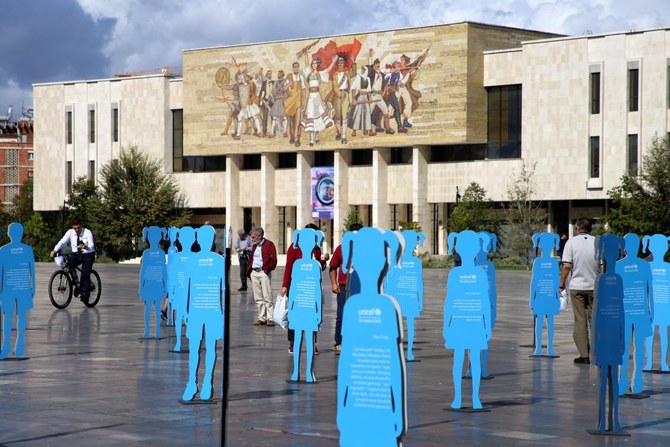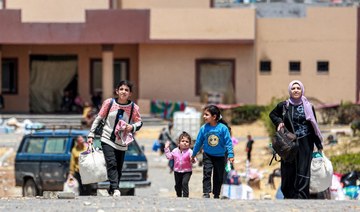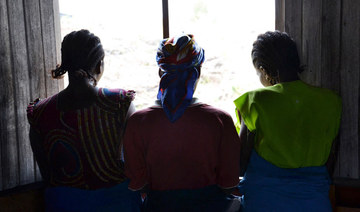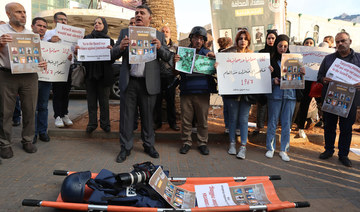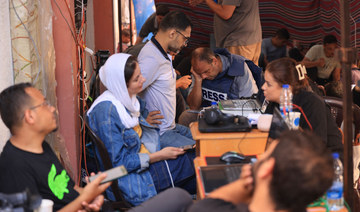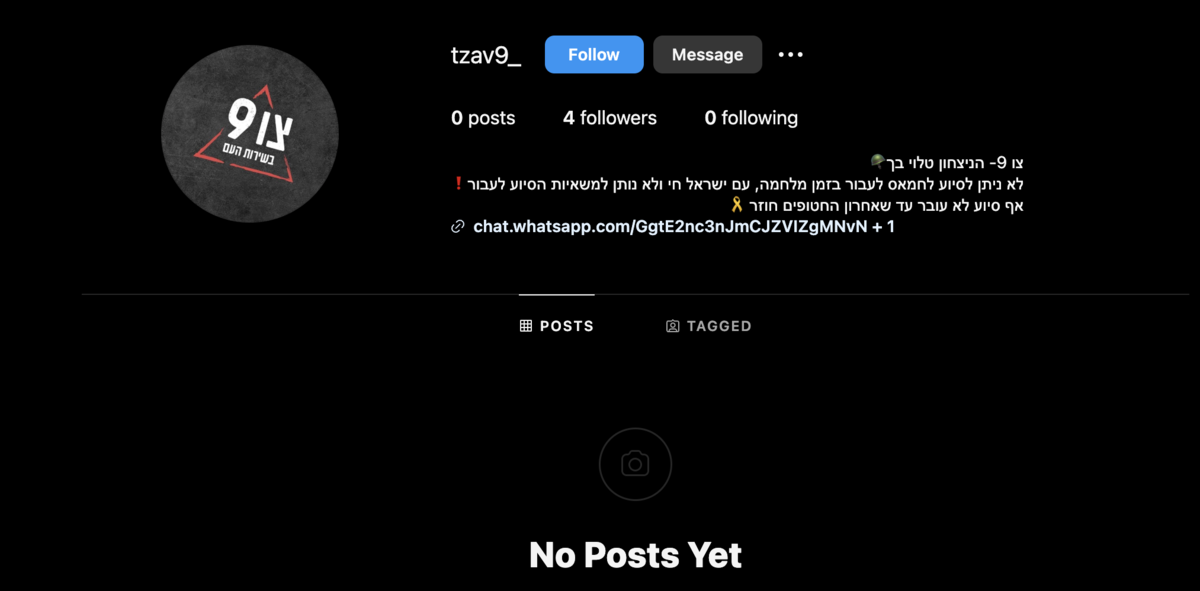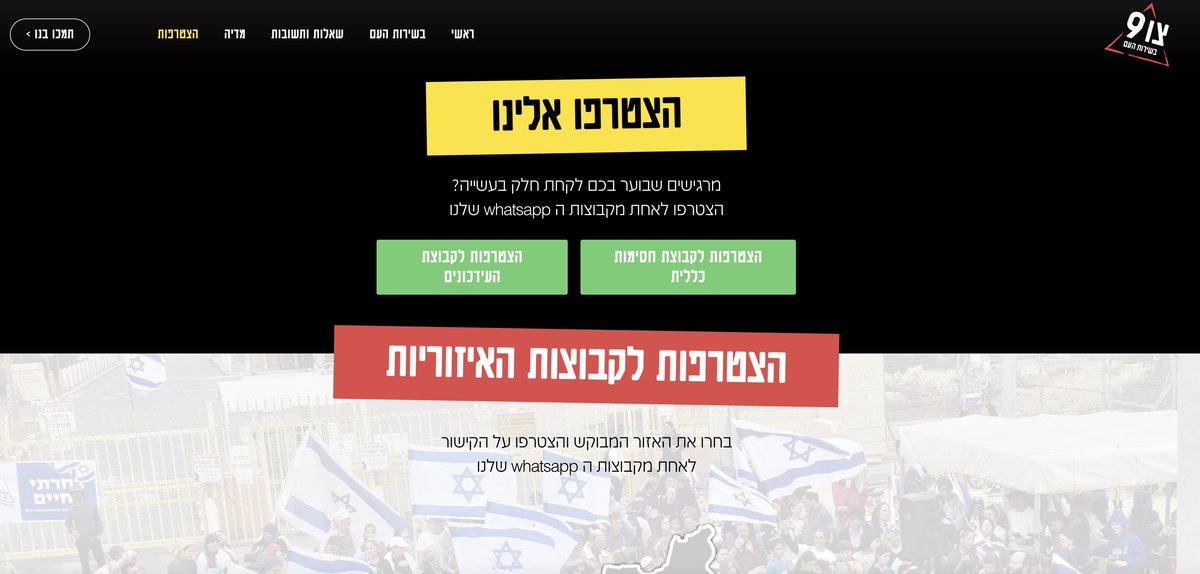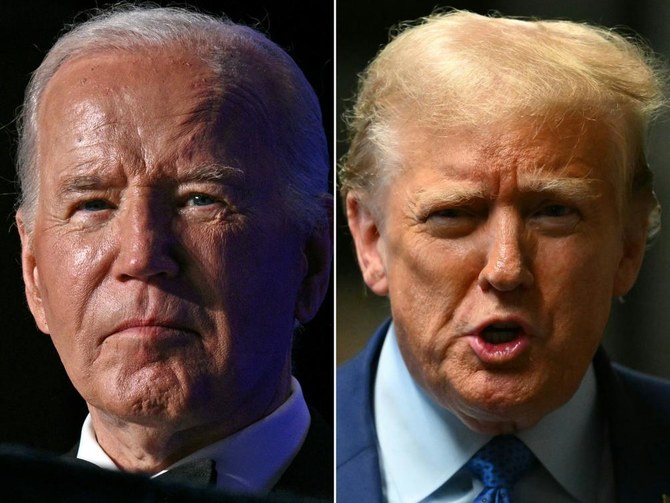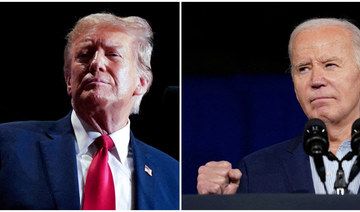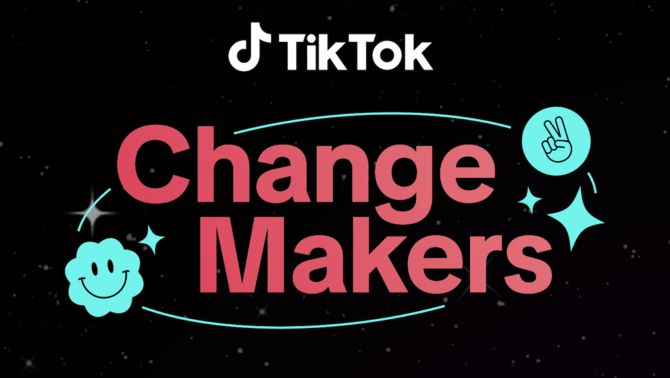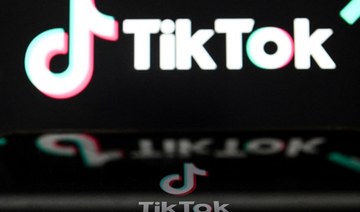LONDON: Meta on Monday found itself facing a new wave of criticism over its allegedly gender-biased algorithm for targeting users with job advertisements. The controversy comes years after the company promised to address the issue in various regions.
According to CNN, the claims stem from research conducted by international nonprofit nongovernmental organization Global Witness, which suggests that Facebook’s ad platform often targets users with job postings based on historical gender stereotypes.
Global Witness accuses Meta’s algorithm of showing women fewer ads for traditionally male-dominated fields, like engineering and construction, while also presenting men with fewer ads for traditionally female-dominated occupations, such as nursing and teaching.
Naomi Hirst, who leads Global Witness’ campaign strategy on digital threats to democracy, expressed concern that Facebook might be “exacerbating the biases that we live with in society and actually marring opportunities for progress and equity in the workplace.”
Meta has been accused of perpetuating global gender discrimination after failing to fulfill its 2019 pledges to implement changes to prevent biased delivery of housing, credit, and employment ads based on protected characteristics like gender and race.
Experts argue that this algorithmic inefficiency may cause both women and men to miss out on potential job opportunities for which they are qualified, simply due to their gender, which could worsen existing workplace inequalities and pay disparities.
Linde Bryk, head of strategic litigation at Bureau Clara Wichmann, said: “You cannot escape big tech anymore, it’s here to stay and we have to see how it impacts women’s rights and the rights of minority groups.
“It's too easy, as a corporation, to just hide behind the algorithm, but if you put something on the market... you should also be able to control it.”
To uncover the extent of the discriminatory error and assess which job categories were most affected, Global Witness conducted tests in various countries.
Although the degree of gender imbalance in job ad targeting varied by country, the findings showed a consistent pattern: Women were more frequently shown ads for nursery teacher and psychologist positions, while men were primarily shown ads for pilot and mechanic roles.
Meta did not specifically address the Global Witness findings but issued a statement saying it applied “targeting restrictions to advertisers when setting up campaigns for employment, as well as housing and credit ads, and we offer transparency about these ads in our Ad Library.”
It added: “We do not allow advertisers to target these ads based on gender, and we continue to work with stakeholders and experts across academia, human rights groups and other disciplines on the best ways to study and address algorithmic fairness.”
Global Witness, alongside nonprofits Bureau Clara Wichmann and Fondation des Femmes, on Monday filed complaints against Meta with human rights agencies and data protection authorities in France and the Netherlands. The groups are calling for an investigation into whether Meta’s practices violate the countries’ human rights or data protection laws.
If found guilty, Meta could face fines, sanctions, or pressure to make further changes to its product.
This is not the first time Meta has faced such controversy, as Facebook was hit with five discrimination lawsuits and charges between November 2016 and September 2018, alleging that the company’s ad systems excluded certain individuals from seeing housing, employment, and credit ads based on their age, gender, or race.



